When seeking therapy, individuals seeking support often face the decision of whether to choose a private practice, private pay therapist or opt for a therapist associated with a large agency that accepts insurance. While both options have merits, there are distinct advantages to choosing a private pay therapist in a private practice setting. In this blog post, we’ll explore some of the key benefits that individuals may experience when opting for private pay therapy.
Personalized and Focused Attention
One of the primary benefits of choosing a private pay therapist is the personalized and focused attention clients receive. Private practitioners typically have a smaller caseload, allowing them to dedicate more time and energy to each individual. This results in a more tailored and individualized therapeutic experience, ensuring that clients feel heard and understood.
Flexible Scheduling
Private pay therapists often have more flexibility in their scheduling compared to therapists working within large agencies. This flexibility can be a significant advantage for individuals with demanding schedules or specific preferences for session times. Clients may find it easier to secure appointments that fit seamlessly into their lives.
Freedom of Choice
Clients who choose private pay therapy have the freedom to select a therapist based on personal preferences, therapeutic approach, and compatibility. In contrast, agency therapists assigned through insurance may be limited, and clients may not have as much control over the selection process. The ability to choose a therapist that aligns with one’s values and goals can contribute to a more effective therapeutic relationship.
Therapeutic Innovation and Specialization
Private pay therapists may have the freedom to explore innovative therapeutic approaches and specialize in niche areas. Without the constraints of insurance limitations, private practitioners can offer unique services and stay current with the latest advancements in the field. Clients benefit from therapists who continually strive for professional growth and excellence.
More Training and Expertise in Private Practice
Private practice, private pay therapists often demonstrate a commitment to ongoing professional development and specialization. Without the constraints imposed by insurance panels, these therapists have the latitude to pursue additional training, certifications, and advanced degrees in specialized areas of interest.
The ability to invest time and resources into continuous education allows private practitioners to stay at the forefront of therapeutic innovations and best practices. This dedication to ongoing learning can result in a therapist who is not only well-versed in traditional therapeutic modalities but also equipped to address unique challenges and offer cutting-edge interventions.
Moreover, private pay therapists often have the autonomy to tailor their approach to the specific needs of their clients. This customization extends beyond traditional therapeutic methods, allowing therapists to integrate diverse modalities and techniques based on their expertise and the unique requirements of their clientele.
Clients benefit from the wealth of knowledge and specialized training that private practice therapists bring to the table. Whether it’s in-depth expertise in trauma-informed care, specialized approaches for specific populations, or a deep understanding of emerging therapeutic modalities, private pay therapists are well-positioned to provide a level of care that goes beyond the standardized offerings of larger agencies.
Knowing Who and What Your Money is Going To
When choosing to work with a therapist at a large agency, it’s often unclear how your therapy fees are distributed or who ultimately benefits beyond your therapist. In many instances, the therapist receives only a small portion of your payment, while the agency owners, and sometimes shareholders if the agency is publicly traded, take a significant cut.
In contrast, when working with a private practice or private pay therapist, you have transparency regarding where your money goes. This allows you to understand who benefits from your investment and supports your therapist in enhancing their skills and healing abilities for you and others in the community. This connection can foster a powerful sense of giving back to your community, enhancing your own well-being in the process. While you may not have explicit knowledge of how your therapist allocates the fees you pay, regular interaction with them fosters confidence that your payments are being put to good use for both yourself and the community.

